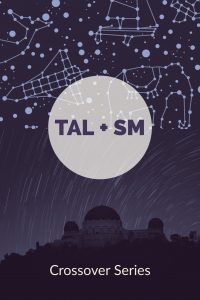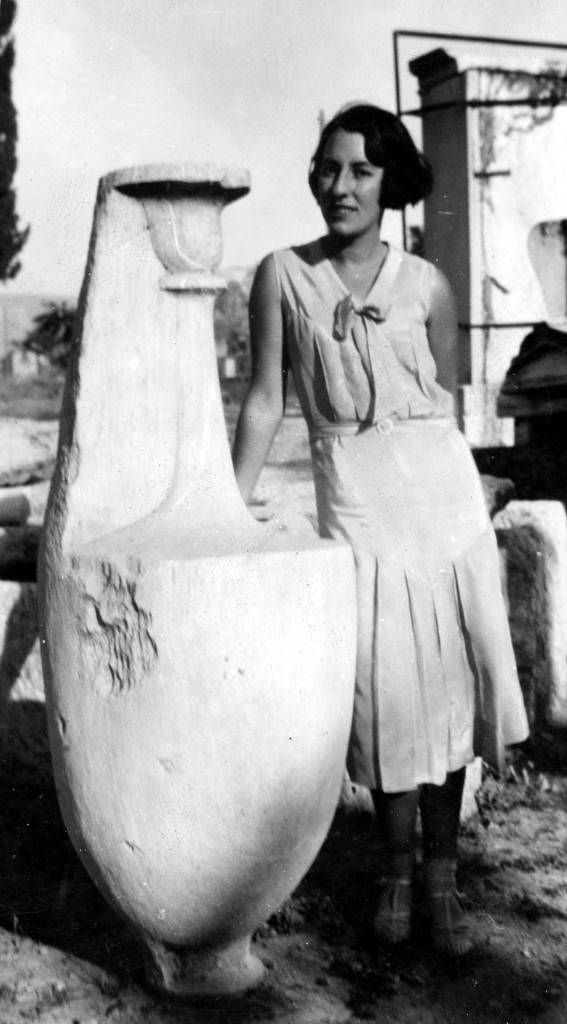[Savage Minds is pleased to run this essay by guest author Jane Eva Baxter as part of our Writer’s Workshop series. Jane is a historical archaeologist and an Associate Professor of Anthropology at DePaul University in Chicago, IL USA. She is the author of numerous books and articles, including the forthcoming book Childhood and Adolescence in the American Experience (University Press of Florida 2016). You can follow her on twitter @janeevabaxter.]
For the past couple of years, I’ve been suffering from the condition we affectionately know as “writer’s block.” This has not been a generic or widespread condition as much of my writing is progressing as swiftly and smoothly as my job structure allows. This particular writer’s block has been confined to the writing associated with several years of archaeological work I conducted on the island of San Salvador in The Bahamas. The reason for this particular condition is easy to identify: my project co-director simply decided to stop writing.
My co-director and I began planning our research in 2002, and from 2004-2012 we conducted archaeological and historical work investigating transitions in the daily life of the island’s residents. During this time, we co-authored conference papers, site reports, proceedings volume papers, and articles for the Journal of the Bahamas Historical Society. We often co-authored work with our students. We developed curricular materials for the local school, co-authored a popular guide to the historic sites on the island for residents, tourists, and student groups, and created archaeology posters for a small, local museum.
And then, my project co-director stopped writing. At first, this decision to stop writing manifested itself as a waning interest in what had become a rather routinized and comfortable process of co-authorship. Writing plans were disregarded. Deadlines were missed without renegotiation. Discussions about writing ceased. Eventually, he announced he no longer had an interest in publishing scholarly articles, and told me to just go ahead and write everything up on my own. For many, being freed from the bonds of co-authorship might seem liberating, but to me it has been rather paralyzing. It also has given me cause to reflect on the production of archaeological knowledge, and left me to wonder exactly what it means to write without him. Continue reading →
 This Anthro Life – Savage Minds Crossover Series, part 4
This Anthro Life – Savage Minds Crossover Series, part 4